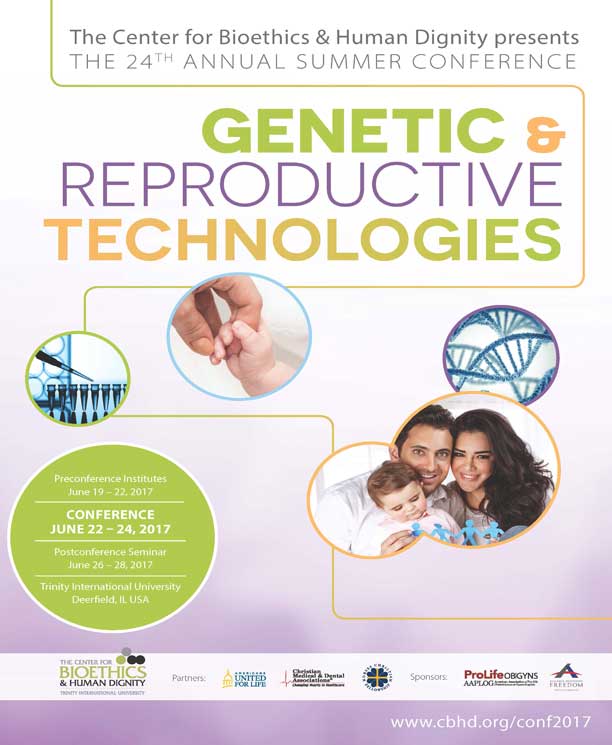
The prospect of using new technologies of gene editing for human genetic engineering has elicited visions of an unprecedented technological revolution, and corollary questions about what ethical commitments should guide its unfolding. Prominent scientists and other public figures have urgently called for an assessment of the social and ethical implications that is grounded in a broad public dialogue while simultaneously positioning themselves as best able to react to this emerging technological revolution and to guide judgments about its role in the human future.These interventions reflect well-worn approaches to drawing lines and limits in governing research and corollary notions of the forms of deliberation appropriate to this task. This lecture will examine the vision of scientific responsibility that lie behind these approaches—and in particular of the role of scientific authority in imagining, enacting, and governing technological futures. We will further explore their historical origins, contemporary contours, and political effects on the ways US society deliberates about and governs technological futures, as well as the ways political and moral commitments come to be built into biotechnological regimes.